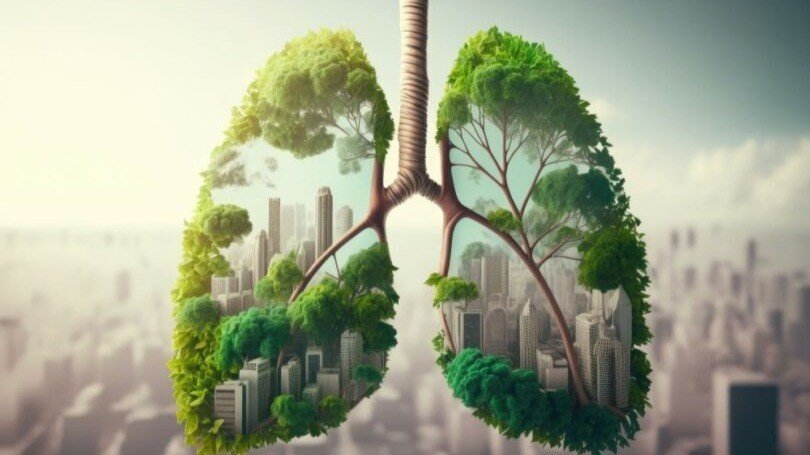Monday, 23 February 2026

In a gathering of eminent minds from public health, climate science, and data systems, the message was as urgent as it was unambiguous: the health of humanity and the health of the planet are intertwined strands of a single, fragile braid—and both are fraying under the onslaught of climate change. Speakers traced the fault lines where shifting weather patterns, rising temperatures, and compound extremes are amplifying disease burdens, undermining food security, and exposing systemic gaps in healthcare readiness.
Prof. K. Srinath Reddy, Honorary Distinguished Professor and Goodwill Ambassador for Public Health Partnerships at the Public Health Foundation of India, New Delhi, called for delivery mechanisms that are both anticipatory and adaptive—capable of navigating the multiple stressors impinging on healthcare access. “Understanding the implications of climate and socio-economic pressures on health is not an academic indulgence,” he cautioned, “but a moral imperative if we are to bridge the chasm between science and service.”
From the atmospheric science frontier, Dr. Sagnik Dey, Centre for Atmospheric Sciences, Indian Institute of Technology, New Delhi, presented the case for climate services explicitly designed for the health sector—integrating disease early warning systems, vulnerability assessments, and adaptation strategies with robust data analytics. He laid bare current gaps: inaccessible and fragmented datasets, insufficient evidence on compound extremes, and the absence of integrated resilience frameworks. His prescription: harmonized climate data, a dedicated national portal, locally grounded studies, and sustained capacity-building to enable informed, climate-responsive healthcare actions.
Dr. Vijay Chandru, Executive Advisor, ARTPARK–Indian Institute of Science, Bengaluru, spoke of “weathering health storms” by drawing health system design inspiration directly from climate science. His work—from standardised test cases under the Coupled Model Intercomparison Project to livestock disease vaccination strategies and urban heatwave–health risk prediction in collaboration with the M.S. Swaminathan Research Foundation—showcased how high-quality real-time data exchange, hybrid modelling, and social science-informed community risk strategies can co-create resilience.
Bridging epidemiology and meteorology, Dr. Roxy Mathew Koll, Climate Scientist, Indian Institute of Tropical Meteorology, Pune, demonstrated how climate-smart health early warning systems could redefine disease control in Indian cities. Using machine learning models trained on climate variables, he showed how specific thresholds—temperatures above 27°C, consistent monsoon rainfall, and humidity between 60–78 per cent—significantly heighten dengue risk. His projections suggest a 13 per cent rise in dengue-related mortalities between 2020–2040, yet also offer a lifeline: two months’ advance warning to enable preventive interventions.
Joining remotely from London, Marina Romanello, Institute for Global Health, University College London, brought a global lens through The Lancet Countdown. Ten of fifteen climate–health indicators tracked reached record extremes. In 2023, heat-related mortality among those over 65 was 167 per cent higher than late-20th-century levels—more than double projections—while dengue transmission risks soared. Between 1981–2010 and 2022, an increase in heatwave days and drought months exposed an additional 151 million people to climate-related health hazards. The toll: a 370 per cent rise in annual heat-related deaths, a 50 per cent increase in labour hours lost to heat, and over 525 million more people facing moderate food insecurity.
The conclave’s verdict was resolute: Tackling climate change offers transformational health benefits—but only if climate science and healthcare cease to operate in isolation. The call was for an anticipatory architecture where data flows with the urgency of a storm warning, where early alerts precede outbreaks, and where the planetary emergency becomes a crucible for the most profound health revolution of our age.